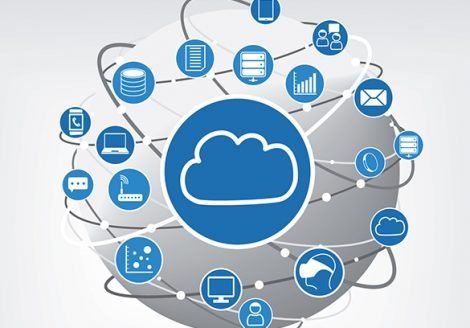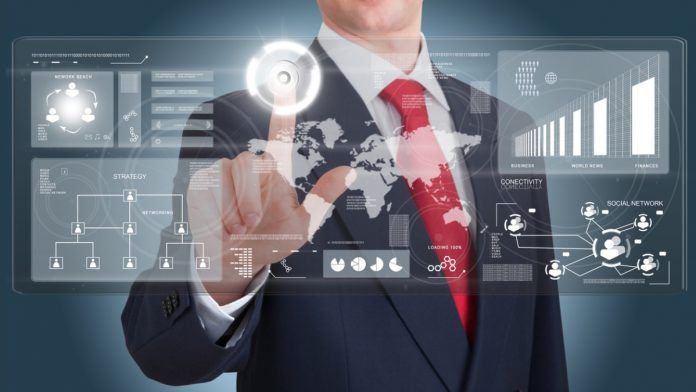We are a boutique consultancy specializing in resolving complex IT infrastructure, information security, and electrical power challenges facing public sector and SMB financial services, healthcare, manufacturing, and retail clients. We don't do custom software development. We don't provide "managed services." We don't pretend to be all things to all clients. We do solve problems. We do extinguish fires and work with our clients to ensure they don't reflash. We do value your time and ours.
We do .
-
Red Team
ButtonChartered to identify, assess, and exploit vulnerabilities in an organization's processes, technology, and people, the Red Team is composed of cybersecurity experts acting as the offensive "attacker" in a simulated incident.
-
Blue Team
ButtonTasked with defending the organization, Blue teams monitor for attacks, isolate any breaches, and engineer protective measures. They are the defensive element in a cybersecurity framework.
-
Infrastructure
ButtonThis practice resolves challenges our clients experience in the design, evolution, and maintenance of their IT infrastructure in order to improve efficiency, manage cost, and minimize security risks. Our comprehensive framework includes not just computing and networking hardware and software, but also process, policy, and people.
-
Project Rescue
ButtonWhat began as a pet project of our founder is now the fasting growing practice. Providing the expertise to guide failing projects "back on the rails" as efficiently and effectively as possible with the least disruption to the internal IT organization.
-
vCxO Services
ButtonOur vCIOs, vCTOs, and vCISOs provide executive IT expertise and leadership to businesses that either haven't yet chartered a CIO, or who just want a "second set of eyes." A clear competitive advantage for growing SMBs.
Novel Power Solutions
Applying recent innovations in photovoltaic, thermal, and kinetic energy harvesting and storage, we offer robust, reliable, and efficient adjuncts to grid-power for commercial and residential applications.
23 Years of Experience
No fly-by-night or bandwagon company, we've already been around the block and we're here to stay.
Exceptional ROI
You may find lower rates among our competition, but no better value propositions.
Service Base
SMB, Government, and Enterprise clients around the world trust us.
News



After a significant investment with another security firm that got us no closer to our compliance goals, we engaged with Solviturum and are very pleased with their results thus far. Would definitely recommend them for any cybersecurity work.
Robert C., CIO, an online retailer

"After more than 25 years in IT, I've never worked with a more professional or skilled consulting organization. We're very pleased with our relationship"
Brian Blake, VP, Kanso Architectural
Tell Us About Your Project
Sound consulting is based on years of training, experience in-the-field, and passion, as well as authentic client collaboration. Send us a brief of your interest by filling in the fields below and your client relationship manager will contact you to better evaluate if, and how, we can help.
We will get back to you as soon as possible
Please try again later
About Us
Consultants with deep and broad experience providing information security, network engineering, systems administration, and vCIO services for more than 23 years.
Contact info
456 North Meridian Street
Suite X, Box 441243
Indianapolis, IN 46204
info@solviturum.com





